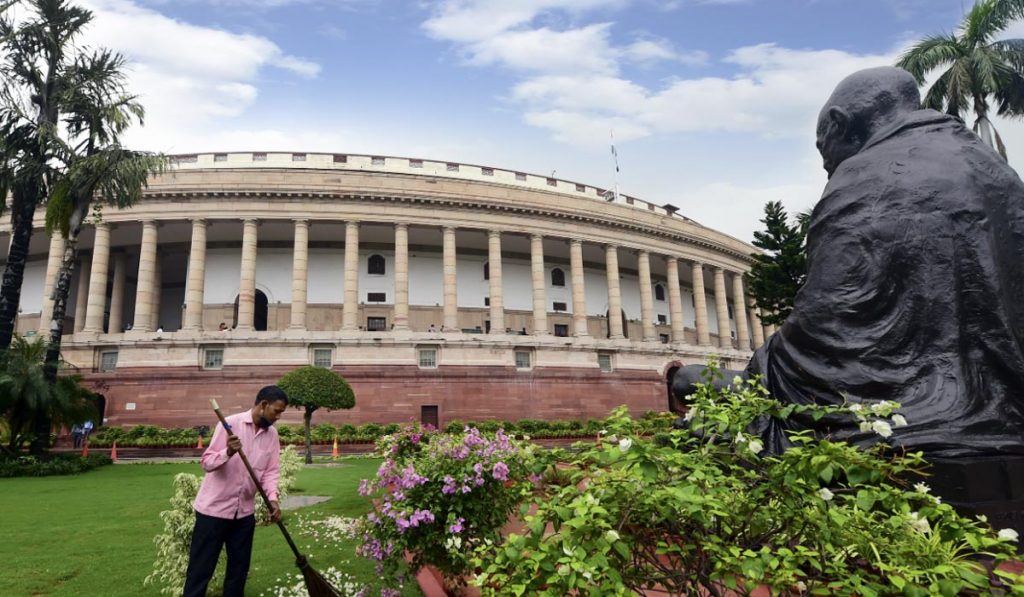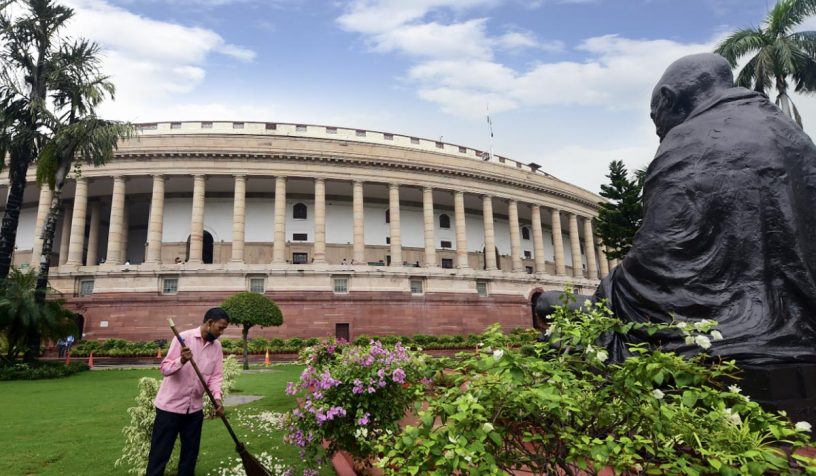
If the competent bureaucrats are reshuffled for extending favours based on factors like caste, religion, political affinity, there exists the danger of weakening the state institutions
Author
Abhinav Mehrotra, Lecturer, Jindal Global Law School, O. P. Jindal Global University, Sonipat, Haryana, India.
Summary
When the transfer order of senior IAS officer Ashok Khemka was issued on October 23, 2021, the debate surrounding the individual competence in the promotion and rotation opportunities versus political loyalty resurfaced. This is Khemka’s 54th transfer in his career spanning 29 years.
Although bureaucratic reshuffles are part of the daily functioning of the administration, the frequency of transfers in Khemka’s case suggests that the reasons are not merely related to efficiency and effectiveness but also to maintain the ‘political calculus’ of those in power and ‘the electoral and governability pay-offs’ of political patronage.
India being a representative democracy, it is expected that the bureaucracy be responsive to the representatives of the people. However, if the competent bureaucrats who are recruited through a merit-based centralised bureaucratic apparatus are reshuffled for extending favours based on factors like caste, religion, political affinity, there exists the danger of weakening the state institutions.
These practices go against the very core of the aim behind recruiting individuals based on meritocracy. In simple terms, meritocracy can be defined as a phenomenon existing in competing society that accepts the persisting inequalities based on income, wealth and social position and replaces it with merit, competencies, motivation, and effort.
What needs to be understood is that since the recruitment and conditions of service of the Central and state services derive their legitimacy from Article 312 of the Constitution and the ultimate disciplining measure of their dismissal is subject to the approval of the President of the Union of India, the manner in which these services are handled while the officers discharge their duties and those selected post retirement should also be regulated.
Published in: Deccan Herald
To read the full article, please click here


